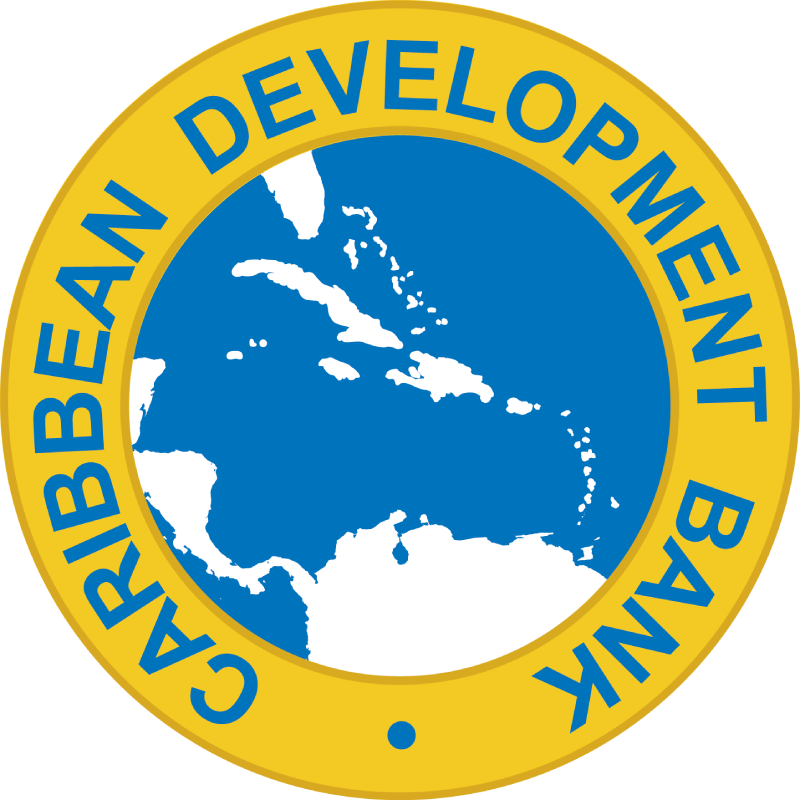The Caribbean Development Bank (CDB) continued to play a critical role in providing timely financial support for various regional initiatives and challenges that required its intervention through disbursements totaling a record US$390 million last year, reflecting the importance of its interventions in a region which was confronted with no shortage of challenges in the year that has just ended, according to its recent end-of-year (2023) media release.
The Bank’s release on its disbursements, however, pointedly asserted that it is aiming to disburse an even higher level of funding to countries in the region in support of their respective growth ambitions and their battles to fend off their respective and multi-faceted challenges. The particular challenges confronting the CDB in tackling the ongoing challenges within a largely impoverished region has occasioned the creation of a Special Development Fund (SDF), a pool of concessional resources that serves to tackle challenges associated with poverty, sustainable development, governance, capacity development, gender inequalities, environmental sustainability, climate change, disaster risk management, and regional cooperation and integration.
Established in 1970, the Fund has been tagged “a unique partnership among the Bank’s stakeholders with both borrowing and non-borrowing members contributing to its resources.” For the CDB, however, the instruments at its disposal to tackle and eventually dispose of poverty across the Caribbean, as a whole, have proven to be insufficient for the effective completion of the task. During its annual media conference in Barbados a week ago, the CDB reportedly informed of its US$1.88-billion loan portfolio at the end of September last year which it reportedly said is spread across its nineteen (19) member countries through various programmes, prominent among which is its US$125 million, accounted for through a budgetary support programme with the Bahamas and $US43 million assigned to St. Lucia for the pursuit of various numbers of development projects in the country.
At the recent media conference, Turner-Jones was quoted as saying the CDB has “helped to deepen reforms in public financial management while providing liquidity support. Notably, our total disbursements for our projects and technical assistance reached a record US$390 million from the existing loan portfolio. Under the bank’s flagship poverty reduction programme, otherwise known as the Basic Needs Trust Fund Programme, close to 100 sub-projects are under implementation, representing an investment of US$30 million,” she added.
In the context of the state of development of the region as a whole, the CDB finds itself saddled with a multiplicity of development-related projects which include helping to finance various technical and social programmes to uplift different communities across the region while “seeking to prepare its members to meet its Sustainable Development Goals (SDGs),” according to a release from the Bank. Across the region, the CDB approved more than USD$461 million in financing for projects in water, renewable energy, education, and health, and to provide budgetary support for governments, underscoring its continued commitment to regional development in 2023.








